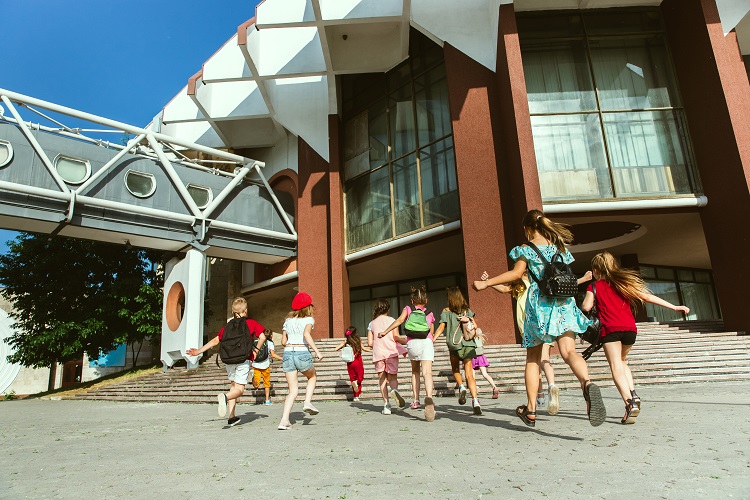What is the difference between a Thailand international school and other types of schools in Thailand?

Thailand is home to several international schools that offer high-quality education to both local and expatriate students. These schools have main difference between a Thailand international school and other types of schools in Thailand lies in the curriculum and the student population they serve. Here are some key distinctions:
Curriculum
Thailand international school is typically follow an international curriculum such as the International Baccalaureate (IB), British curriculum (IGCSE, A-Levels), American curriculum (AP, SAT), or a combination of different curricula. These curricula are designed to provide a global perspective and often offer a broader range of subjects and interdisciplinary learning opportunities compared to local Thai schools.
Multicultural Environment
International schools attract a diverse student body consisting of both local and expatriate students from various countries. This multicultural environment promotes cross-cultural understanding, exposes students to different perspectives, and encourages global citizenship.
Language of Instruction
International schools usually offer English as the primary language of instruction. While they may offer language programs to support non-native English speakers, the overall focus is on providing an English-medium education. In contrast, local Thai schools primarily use the Thai language as the medium of instruction.
Accreditation and Recognition
Thailand international school often seek accreditation and recognition from international educational bodies and organizations. This ensures that the schools meet specific standards of quality and adhere to a globally recognized framework of education. Local Thai schools may follow the Thai national curriculum and be accredited by the Thai Ministry of Education.
Teaching Staff
International schools typically hire teachers who have international teaching experience, often recruiting them from different countries. These educators bring a diverse range of teaching methods and approaches to the classroom. Local Thai schools, on the other hand, may employ teachers who have completed their education and training in Thailand.
Student Support
International schools often provide additional support services for students, such as English as a Second Language (ESL) support, learning support for students with special educational needs, and college counseling services for students preparing for higher education abroad. These services may be more limited or different in local Thai schools.
It’s important to note that these differences Thailand international school and other types school in Thailand are generalizations and may vary from school to school. When considering a school for your child, it’s crucial to research and visit individual institutions to understand their specific offerings, philosophies, and suitability for your child’s needs.
